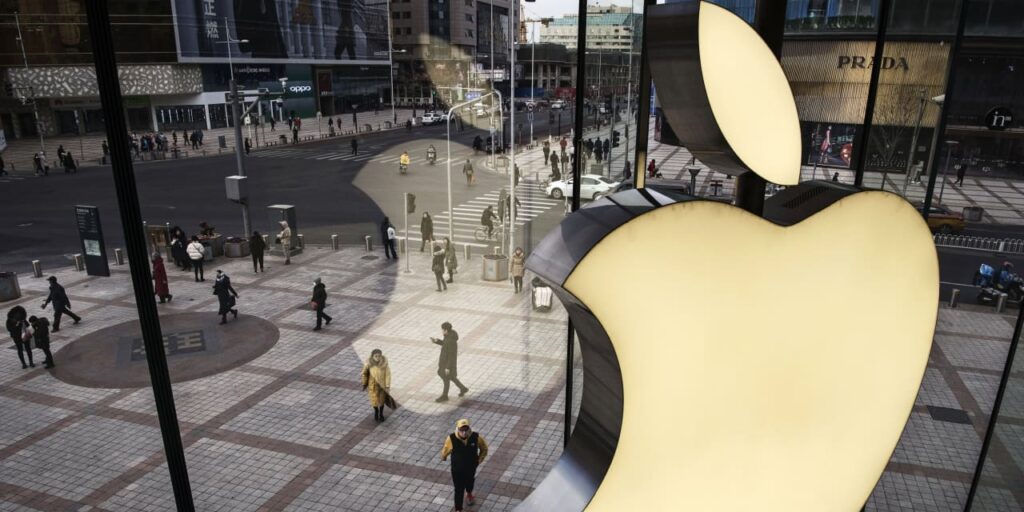The
Apple
car is no more. Shares of
Ford Motor,
General Motors,
and
Tesla
barely reacted. There is good reason for that.
Apple is abandoning its long-gestating car project in favor of working more on generative AI. Bloomberg earlier reported the move, citing internal documents.
The threat of an Apple car has loomed large over the industry for a long time. It even has its own Wikipedia page outlining all the reports and rumors that have surfaced over the past eight-plus years. Over that span, there hasn’t been much detail, let alone a prototype shown at an auto show.
The Apple car was ultimately supposed to morph into a self-driving electric vehicle—a threat to Tesla, as well as anyone else that makes cars. By that logic, no Apple car should be good for the existing auto industry. The report even got a reaction from Tesla CEO Elon Musk. He tweeted a salute and cigarette on Tuesday afternoon.
Tesla stock, however, barely budged, remaining near the lows of the day and closing up about 0.2% at almost $200 a share. Ford and GM shares also closed higher, by 0.4% and nearly 1%, respectively.
The
S&P 500
and
Nasdaq Composite
rose 0.2% and 0.4%, respectively.
It might be a surprising reaction for some investors who think one of the world’s most valuable companies—that generates roughly as much free cash flow annually as the entire global auto industry—getting into cars was a big deal.
While an Apple car might have been disruptive, it was always a low-probability event. The odds of an Apple car ever hitting roads were always very low—they went from 10% to 0% on Tuesday. What’s more, if an Apple car ever were created it wouldn’t have arrived on roads until late in the decade, at the earliest.
The reasons an Apple car was a low-probability event are myriad. For starters, automotive profit margins aren’t very attractive. Competition is fierce. Most of the value is derived from the hardware portion of the car—not the operating system. Building cars is also capital-intensive, and the process doesn’t lend itself well to outsourced manufacturing.
Even potentially big events won’t move stocks if they were unlikely to ever happen.
Write to Al Root at allen.root@dowjones.com
Read the full article here












